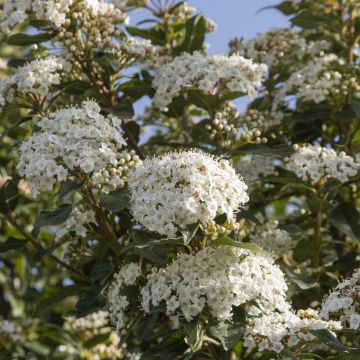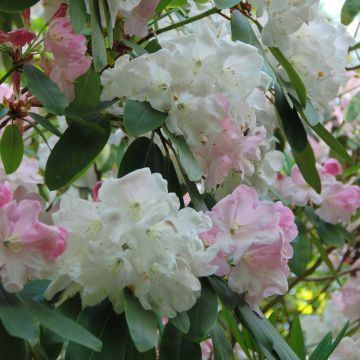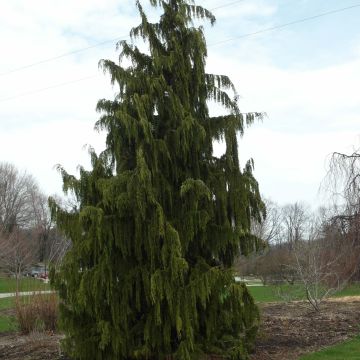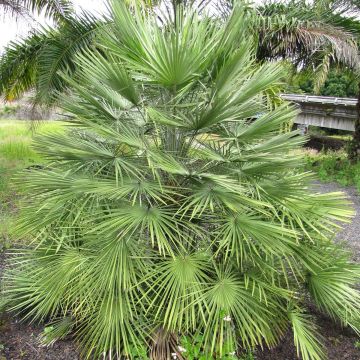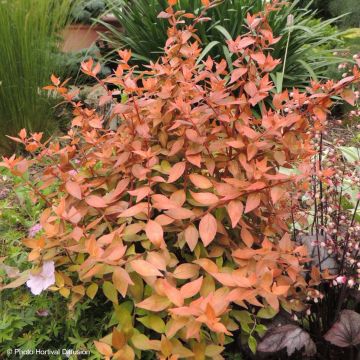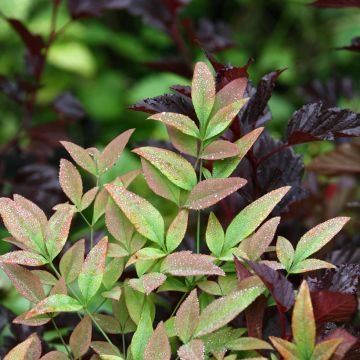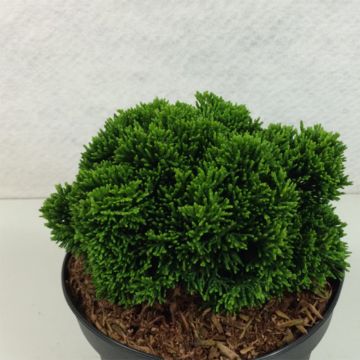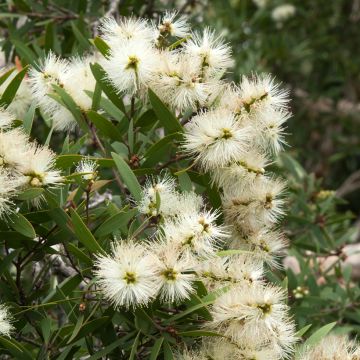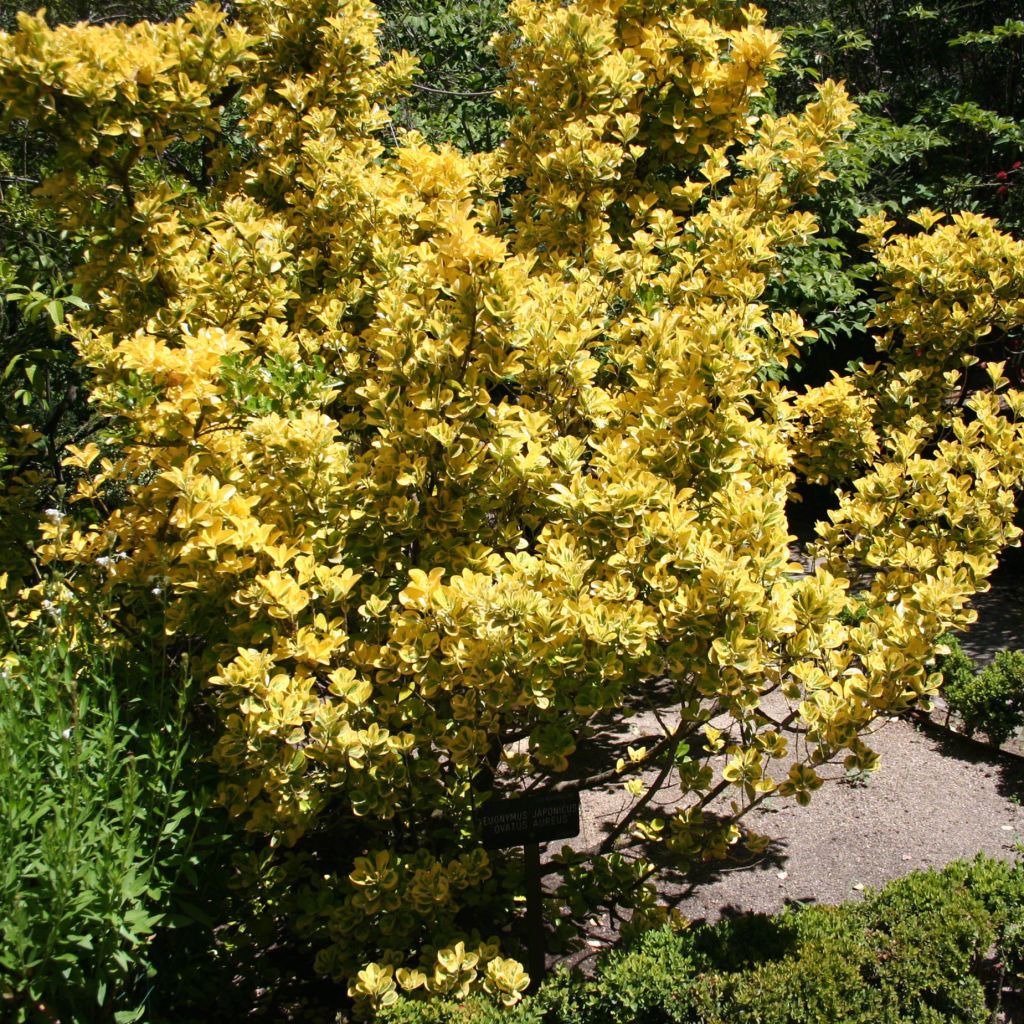

Euonymus japonicus Ovatus Aureus - Japanese Spindle
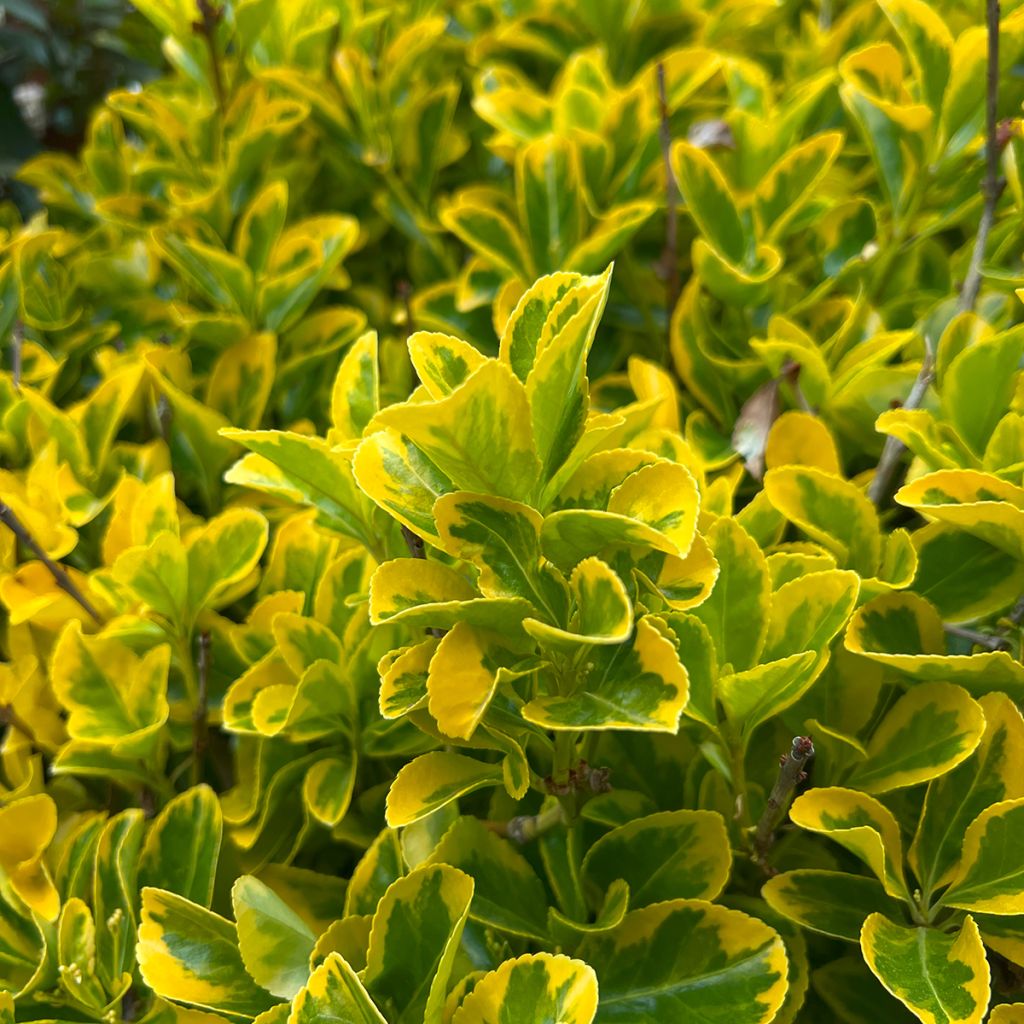

Euonymus japonicus Ovatus Aureus - Japanese Spindle
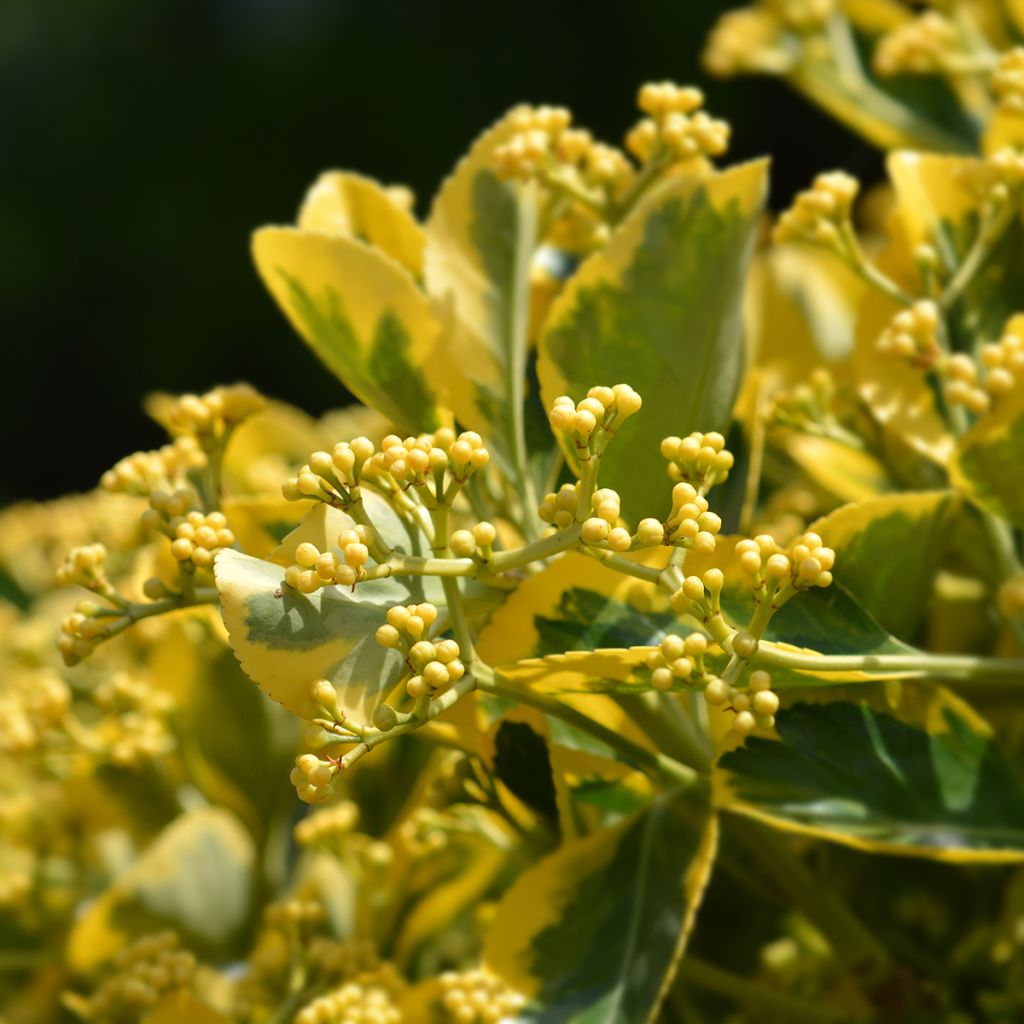

Euonymus japonicus Ovatus Aureus - Japanese Spindle
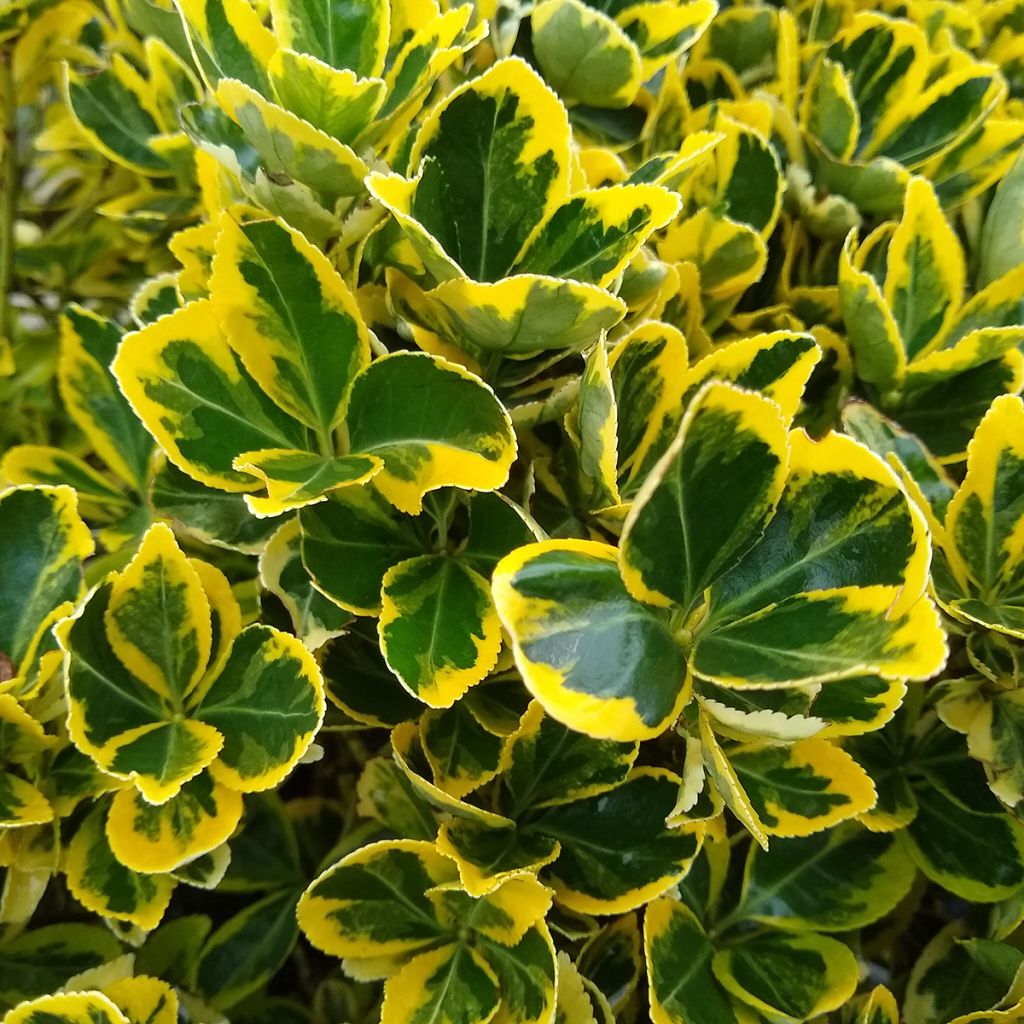

Euonymus japonicus Ovatus Aureus - Japanese Spindle
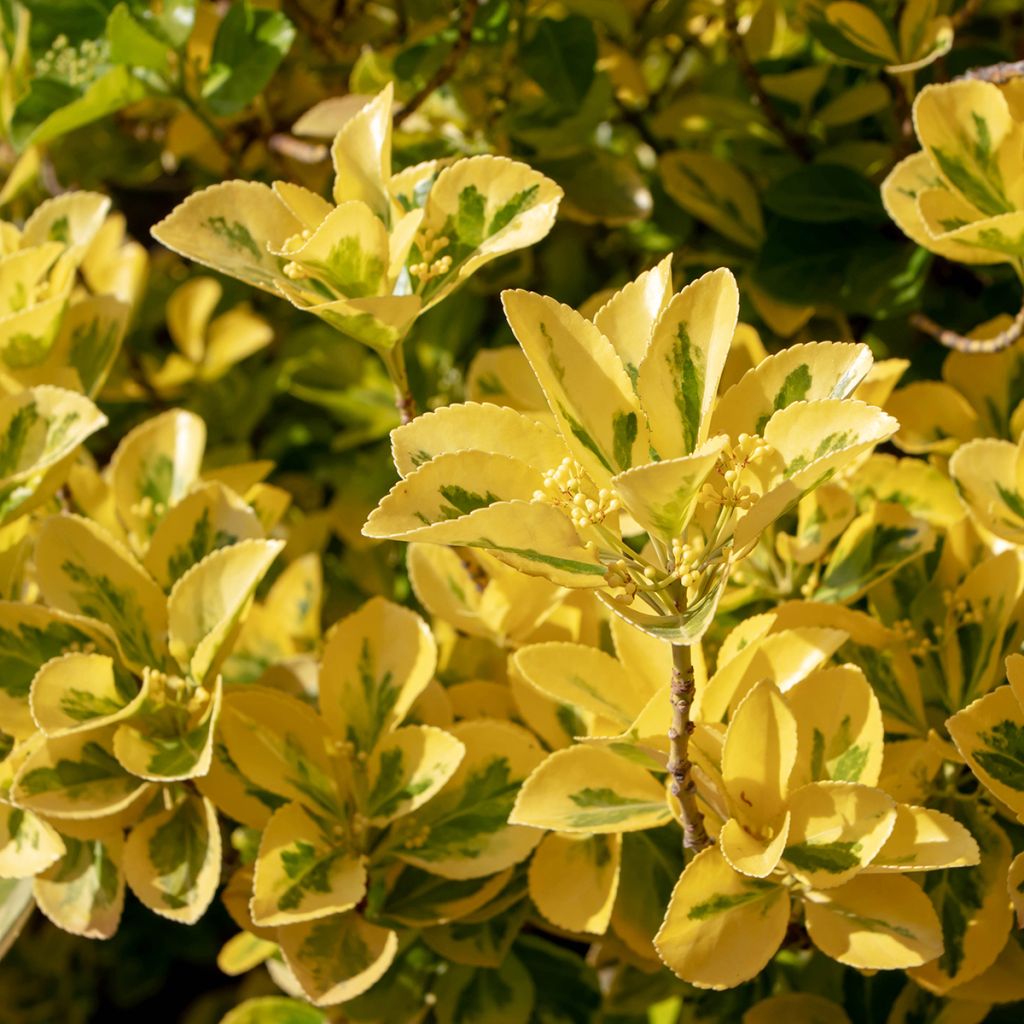

Euonymus japonicus Ovatus Aureus - Japanese Spindle
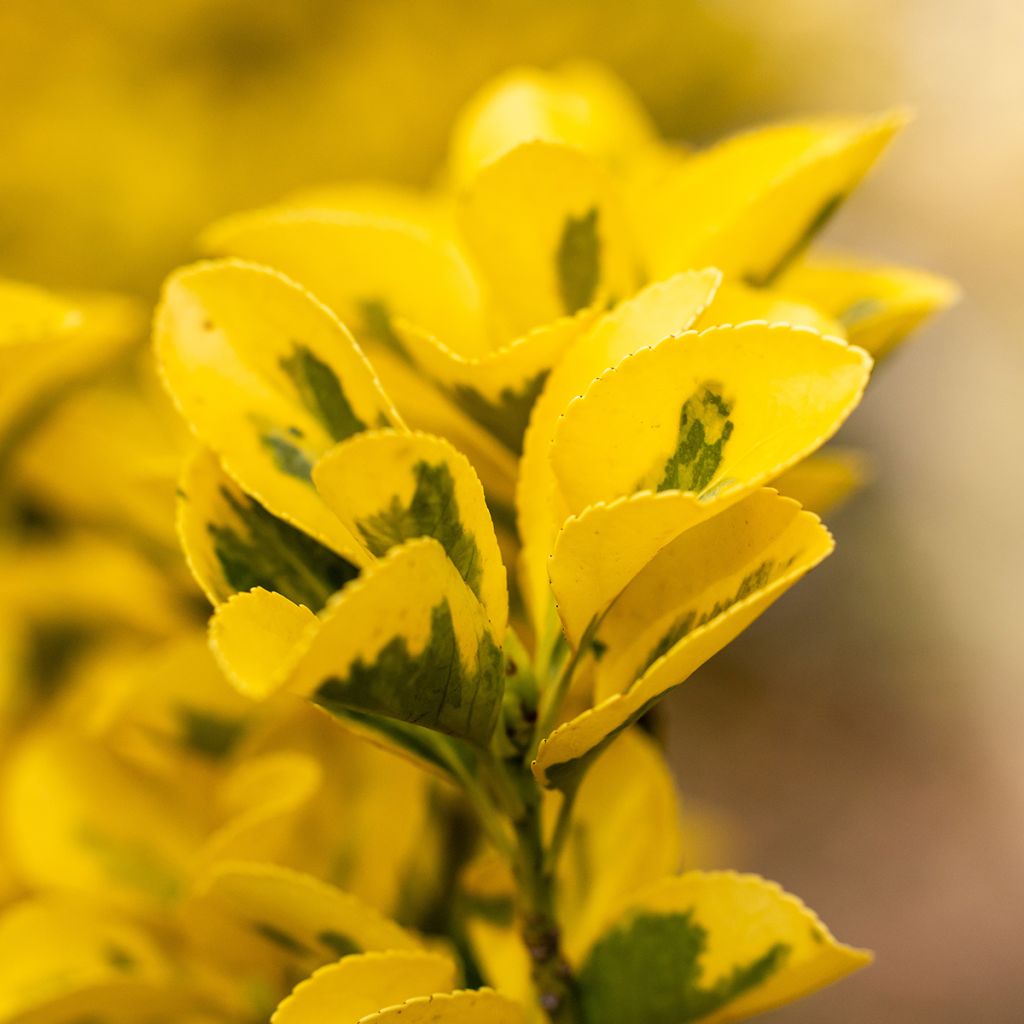

Euonymus japonicus Ovatus Aureus - Japanese Spindle
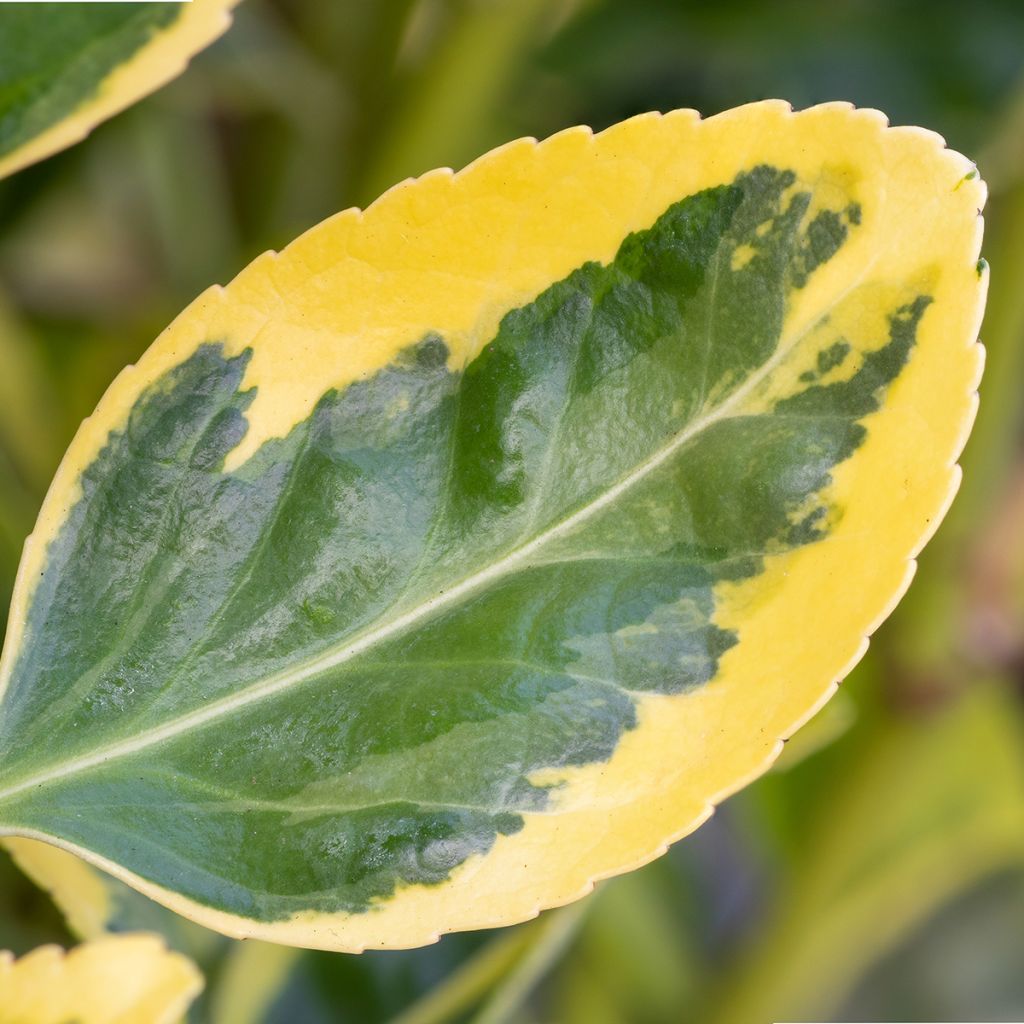

Euonymus japonicus Ovatus Aureus - Japanese Spindle
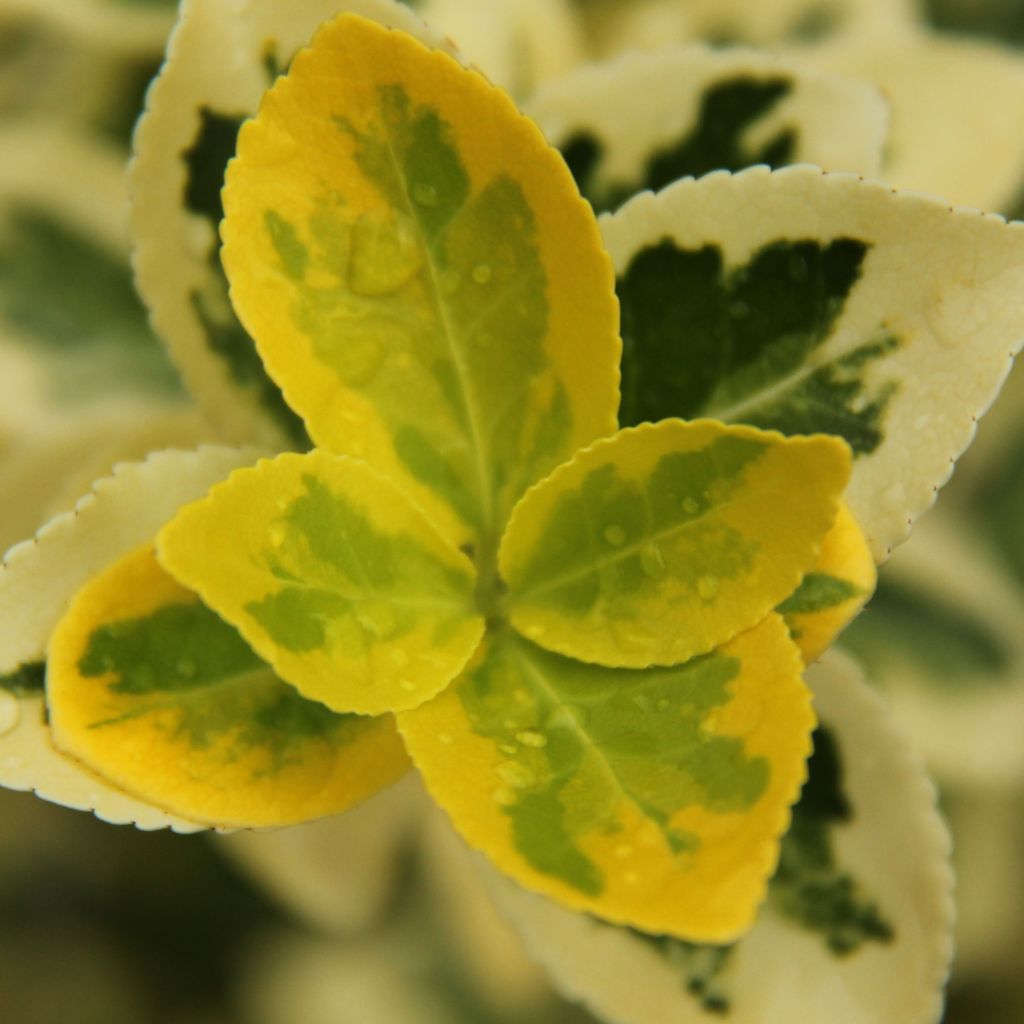

Euonymus japonicus Ovatus Aureus - Japanese Spindle
Euonymus japonicus Ovatus Aureus - Japanese Spindle
Euonymus japonicus Ovatus Aureus
Japanese Spindle, Evergreen Spindle
Plant received quickly, very well conditioned, of beautiful pruning, perfectly matching the description. Promise of flowers = promise kept. Thank you!
Sebastien, 25/09/2021
Special offer!
Receive a €20 voucher for any order over €90 (excluding delivery costs, credit notes, and plastic-free options)!
1- Add your favorite plants to your cart.
2- Once you have reached €90, confirm your order (you can even choose the delivery date!).
3- As soon as your order is shipped, you will receive an email containing your voucher code, valid for 3 months (90 days).
Your voucher is unique and can only be used once, for any order with a minimum value of €20, excluding delivery costs.
Can be combined with other current offers, non-divisible and non-refundable.
Home or relay delivery (depending on size and destination)
Schedule delivery date,
and select date in basket
This plant carries a 24 months recovery warranty
More information
We guarantee the quality of our plants for a full growing cycle, and will replace at our expense any plant that fails to recover under normal climatic and planting conditions.

Would this plant suit my garden?
Set up your Plantfit profile →
Description
Euonymus japonicus 'Ovatus Aureus', also known as Euonymus japonicus 'Marieke', is a variety of Japanese Spindle with beautiful variegated foliage of dark green and bright yellow, and a rather upright and pleasant silhouette. This elegant and colourful bush is perfect for low and bright hedges, beautiful combinations in flowering or foliage shrub beds, and elegant pots on a terrace or balcony. It is preferably cultivated in regions where winter is not too harsh and summer is neither too dry nor too hot.
Japanese Spindle belongs to the Celastraceae family. It is native, as its name suggests, to Japan, but it can also be found in China and Korea. In nature, this large bush grows on slopes, in open areas on the edge of forests, and even by the sea where it can reach a height of 8 m (26.2 ft). Its hardiness is around -12° C (10.4° F), and its growth is rather slow. The cultivar 'Ovatus Aureus', with a much more compact growth, is also distinguished by its more rounded foliage, beautifully variegated with bright yellow and dark green. In our gardens, it will reach an average height of 2 m (6.6 ft) and a spread of 1.6 m (5.2 ft), more if not regularly pruned. Its habit is naturally bushy and rather upright. Well-branched from the base, its upright branches bear dense foliage, composed of glossy, rigid, dark green leaves with irregular yellow edges. They are ovate-rounded in shape, 3 cm to 5 cm (1.2 in to 2 in) long, and finely toothed along the edges. The discreet flowering takes place in May-June, at the tips of the young shoots. Tiny white-greenish flowers with 4 petals are grouped in clusters. They are pollinated by insects and are followed by the formation of small green fruits that turn pink and orange in autumn, hanging under the branches.
Euonymus japonicus 'Ovatus Aureus', traditionally used for creating low evergreen hedges, can also be used in shrub beds by playing with contrasts with bronze fennels, barberries, or even bush or groundcover roses. Its variegated foliage enhances all flowerings and works wonders in partially shaded areas of the garden. Well adapted to coastal areas and urban gardens, it is often used to create hedges along pathways or property boundaries to protect them from wind and prying eyes. It adapts perfectly to container gardening, which can be placed on a terrace or balcony, and is also suitable for pruning. Its height will be somewhat reduced in pots, allowing the gardener to experiment with various artistic shapes.
Tip: In case of drought, water to maintain beautiful foliage.
Report an error about the product description
Euonymus japonicus Ovatus Aureus - Japanese Spindle in pictures
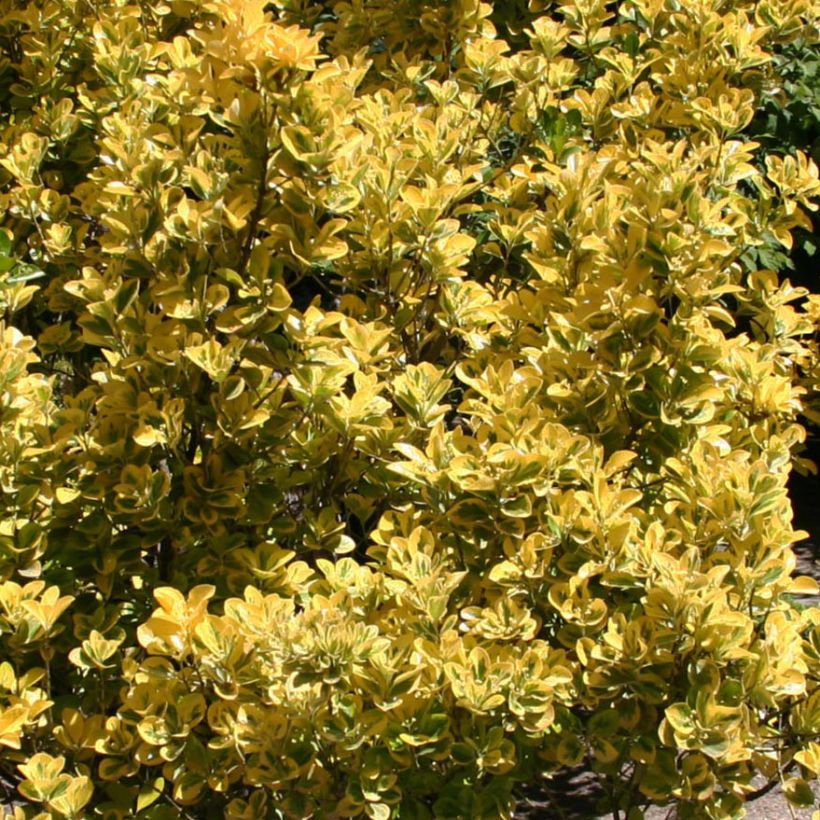

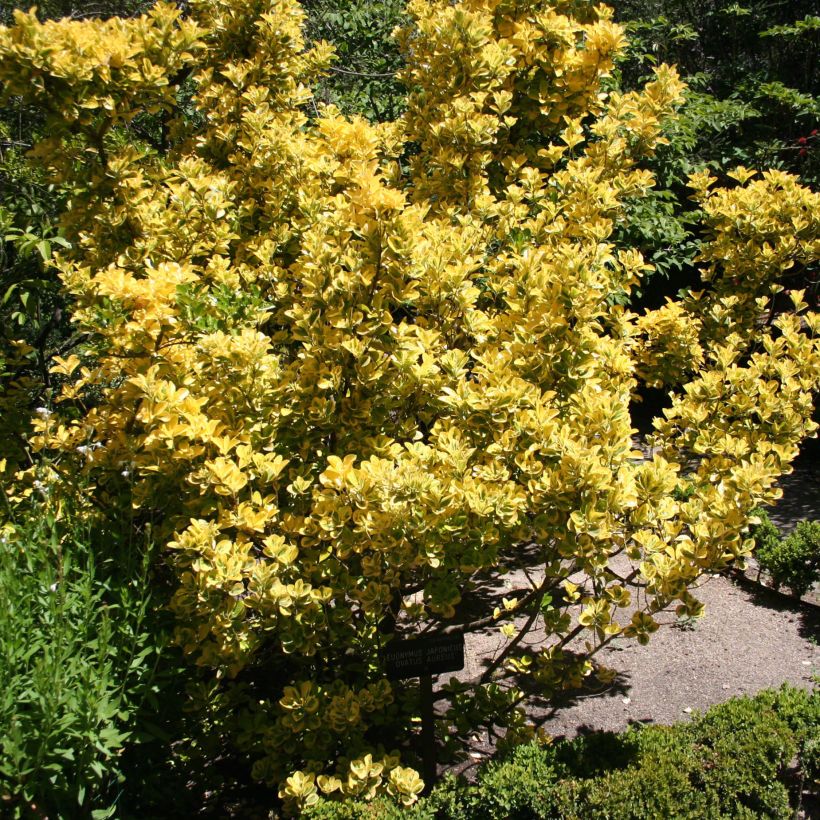

Plant habit
Flowering
Foliage
Botanical data
Euonymus
japonicus
Ovatus Aureus
Celastraceae
Japanese Spindle, Evergreen Spindle
Cultivar or hybrid
Planting and care
Plant in spring in any well-drained soil in a gently sunny or lightly shaded position. It prefers deep soils, rich in humus, that stay moist. It also tolerates the presence of limestone in soil. It fears heavy frosts and proves hardy up to around -12° C to 14° C (10.4 - 6.8° F) once mature. Young plants will benefit from protection during the first winters, depending on the regions. Hot and dry climates are not suitable for this evergreen spindle tree, as it risks being invaded by mealybugs and sooty mould. Pruning is well tolerated between April and May. However, pruning too early in spring can be harmful to young tender shoots, especially in case of late frosts. Similarly, too frequent pruning can lead to the development of sooty mould, especially in very dry soil. Apply fertiliser twice a year, in early spring and autumn. In case of drought, water to maintain beautiful foliage. If the plant is grown in a pot, change the growing substrate once a year in spring. Protect your pot if heavy frosts are forecast.
Planting period
Intended location
Care
-
, onOrder confirmed
Reply from on Promesse de fleurs
Similar products
Haven't found what you were looking for?
Hardiness is the lowest winter temperature a plant can endure without suffering serious damage or even dying. However, hardiness is affected by location (a sheltered area, such as a patio), protection (winter cover) and soil type (hardiness is improved by well-drained soil).

Photo Sharing Terms & Conditions
In order to encourage gardeners to interact and share their experiences, Promesse de fleurs offers various media enabling content to be uploaded onto its Site - in particular via the ‘Photo sharing’ module.
The User agrees to refrain from:
- Posting any content that is illegal, prejudicial, insulting, racist, inciteful to hatred, revisionist, contrary to public decency, that infringes on privacy or on the privacy rights of third parties, in particular the publicity rights of persons and goods, intellectual property rights, or the right to privacy.
- Submitting content on behalf of a third party;
- Impersonate the identity of a third party and/or publish any personal information about a third party;
In general, the User undertakes to refrain from any unethical behaviour.
All Content (in particular text, comments, files, images, photos, videos, creative works, etc.), which may be subject to property or intellectual property rights, image or other private rights, shall remain the property of the User, subject to the limited rights granted by the terms of the licence granted by Promesse de fleurs as stated below. Users are at liberty to publish or not to publish such Content on the Site, notably via the ‘Photo Sharing’ facility, and accept that this Content shall be made public and freely accessible, notably on the Internet.
Users further acknowledge, undertake to have ,and guarantee that they hold all necessary rights and permissions to publish such material on the Site, in particular with regard to the legislation in force pertaining to any privacy, property, intellectual property, image, or contractual rights, or rights of any other nature. By publishing such Content on the Site, Users acknowledge accepting full liability as publishers of the Content within the meaning of the law, and grant Promesse de fleurs, free of charge, an inclusive, worldwide licence for the said Content for the entire duration of its publication, including all reproduction, representation, up/downloading, displaying, performing, transmission, and storage rights.
Users also grant permission for their name to be linked to the Content and accept that this link may not always be made available.
By engaging in posting material, Users consent to their Content becoming automatically accessible on the Internet, in particular on other sites and/or blogs and/or web pages of the Promesse de fleurs site, including in particular social pages and the Promesse de fleurs catalogue.
Users may secure the removal of entrusted content free of charge by issuing a simple request via our contact form.
The flowering period indicated on our website applies to countries and regions located in USDA zone 8 (France, the United Kingdom, Ireland, the Netherlands, etc.)
It will vary according to where you live:
- In zones 9 to 10 (Italy, Spain, Greece, etc.), flowering will occur about 2 to 4 weeks earlier.
- In zones 6 to 7 (Germany, Poland, Slovenia, and lower mountainous regions), flowering will be delayed by 2 to 3 weeks.
- In zone 5 (Central Europe, Scandinavia), blooming will be delayed by 3 to 5 weeks.
In temperate climates, pruning of spring-flowering shrubs (forsythia, spireas, etc.) should be done just after flowering.
Pruning of summer-flowering shrubs (Indian Lilac, Perovskia, etc.) can be done in winter or spring.
In cold regions as well as with frost-sensitive plants, avoid pruning too early when severe frosts may still occur.
The planting period indicated on our website applies to countries and regions located in USDA zone 8 (France, United Kingdom, Ireland, Netherlands).
It will vary according to where you live:
- In Mediterranean zones (Marseille, Madrid, Milan, etc.), autumn and winter are the best planting periods.
- In continental zones (Strasbourg, Munich, Vienna, etc.), delay planting by 2 to 3 weeks in spring and bring it forward by 2 to 4 weeks in autumn.
- In mountainous regions (the Alps, Pyrenees, Carpathians, etc.), it is best to plant in late spring (May-June) or late summer (August-September).
The harvesting period indicated on our website applies to countries and regions in USDA zone 8 (France, England, Ireland, the Netherlands).
In colder areas (Scandinavia, Poland, Austria...) fruit and vegetable harvests are likely to be delayed by 3-4 weeks.
In warmer areas (Italy, Spain, Greece, etc.), harvesting will probably take place earlier, depending on weather conditions.
The sowing periods indicated on our website apply to countries and regions within USDA Zone 8 (France, UK, Ireland, Netherlands).
In colder areas (Scandinavia, Poland, Austria...), delay any outdoor sowing by 3-4 weeks, or sow under glass.
In warmer climes (Italy, Spain, Greece, etc.), bring outdoor sowing forward by a few weeks.































